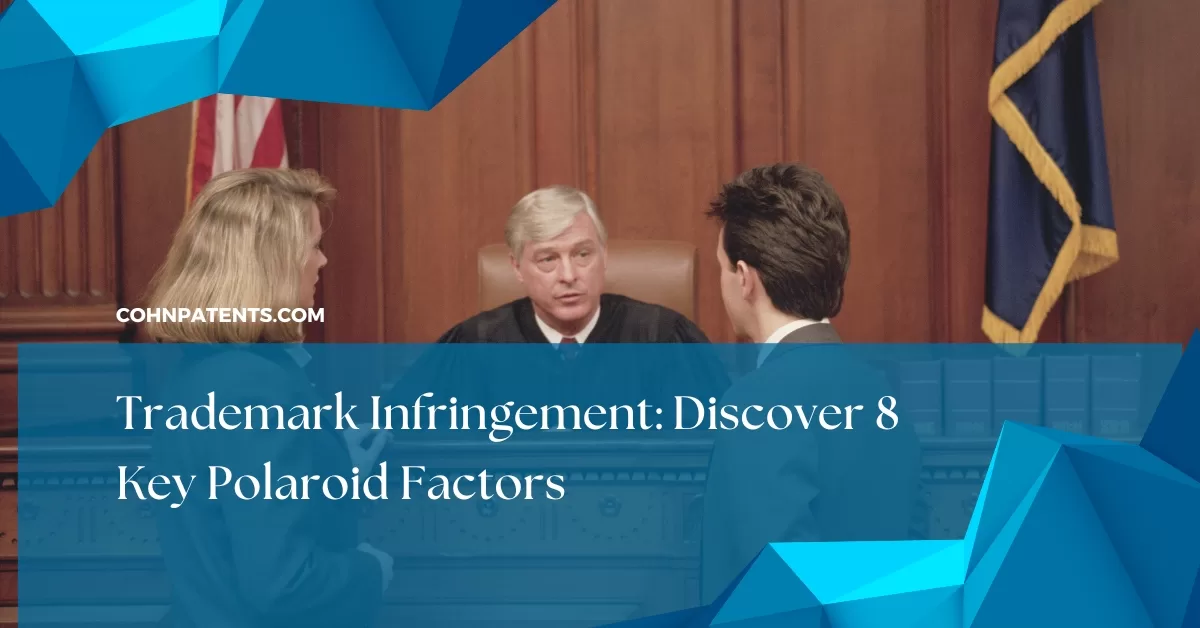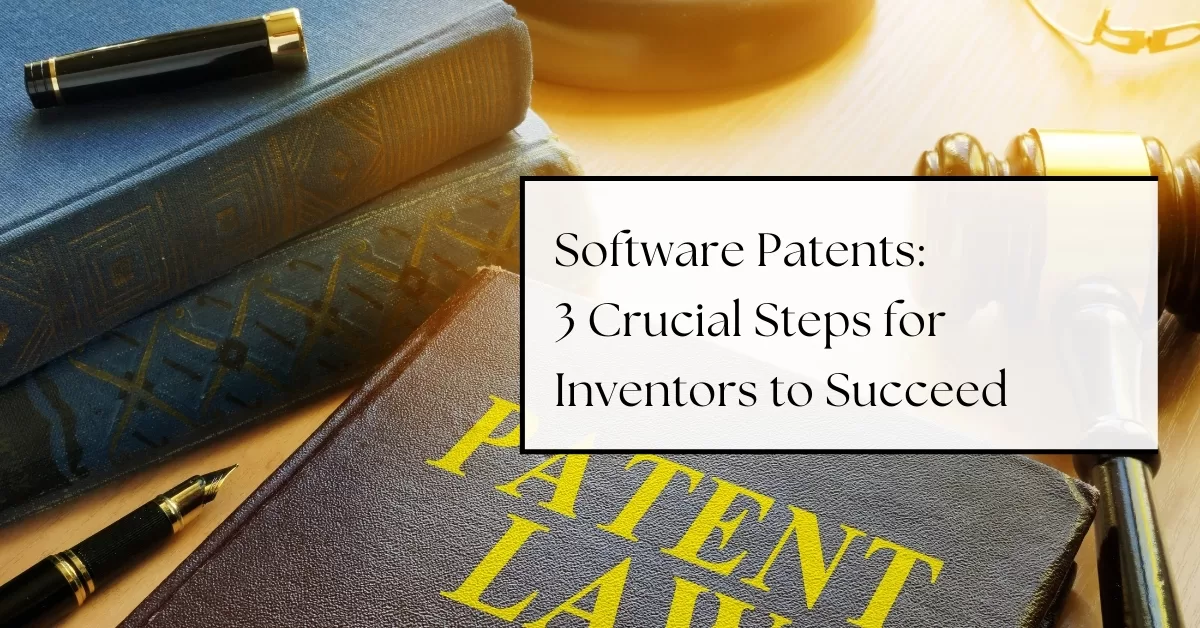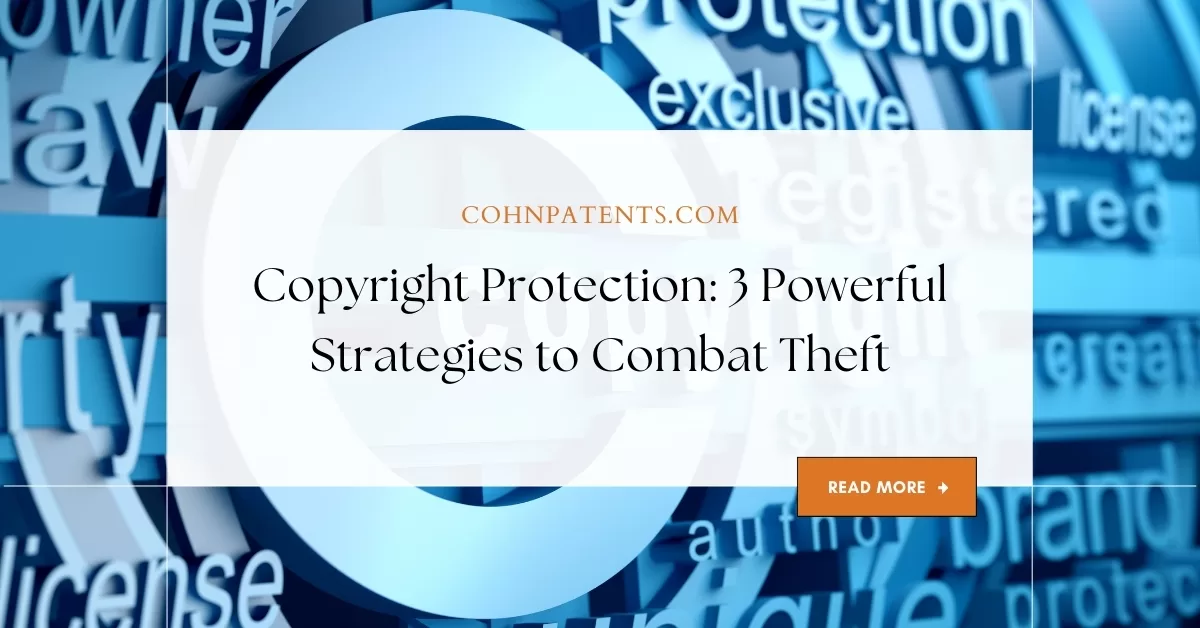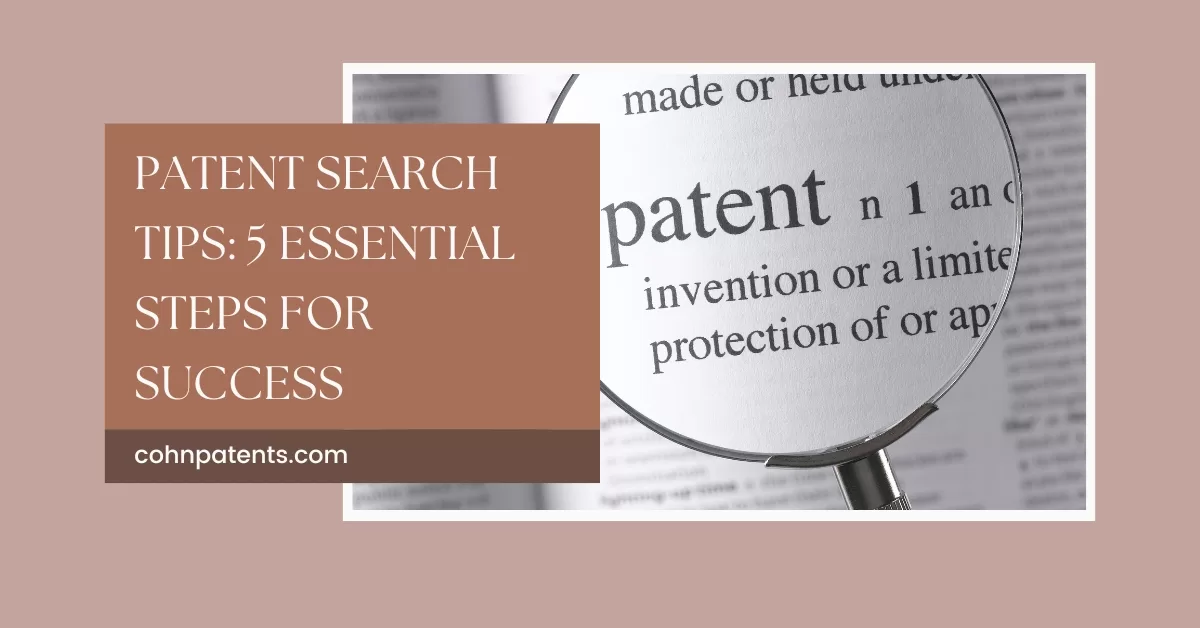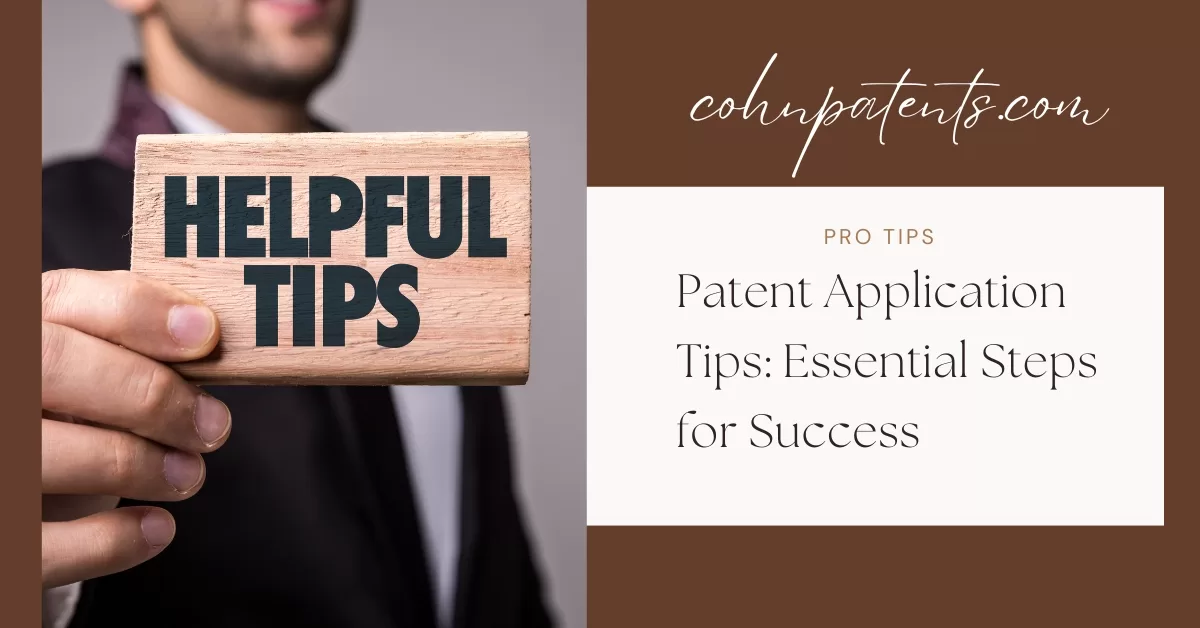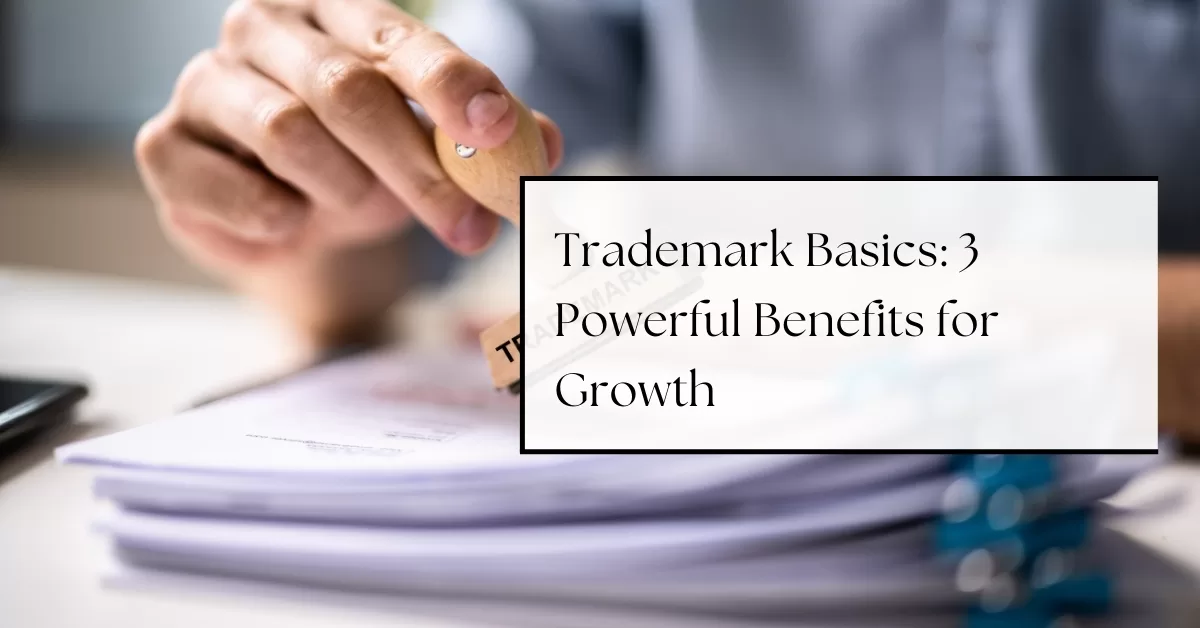Unlock Patent Eligibility: 3 Landmark Cases Explained
Alice's Impact on Patent Eligibility Criteria
Unlock and explore 3 landmark Supreme Court cases that define patent eligibility criteria—Bilski, Mayo, Alice—and discover what can be patented.What The Courts Have Said
There are three main cases which the Supreme Court ruled in this issue:CASE #1:
In Bilski of 2010, the Supreme Court held that claims to a method for commodities traders to lower the risk of price fluctuations was an abstract idea. Because the idea of hedging against risks is a common practice in our economy, it was ruled that an idea cannot be made patentable by limiting it to a particular field,...Trademark Infringement: Discover 8 Key Polaroid Factors
One of the more intricate and indeed litigious aspects of trademark law arises when one party claims that another party is using a mark that infringes on the their own mark (either by using the mark without permission or by using an excessively similar mark). Of course, the defendant will seek to prove that his/her mark is sufficiently distinct enough from the first mover’s mark so that there is no infringement. Clearly, there is a certain amount of subjectivity involved in making this decision and in order to better codify the factors that go into determining whether or not...
Software Patents: 3 Crucial Steps for Inventors to Succeed
The notion of a software patent is slightly controversial because the coding language used to develop the invention is not actually getting patented, but never the less, software patents do exist and if you are a software coder/inventor, you may wish to get one. Like all matters relating to protecting your intellectual property, each case is unique and requires specifc guidance from an experienced patent attorney. Keeping this thought in toe, here are a few basics to keep in mind when considering a software patent.


